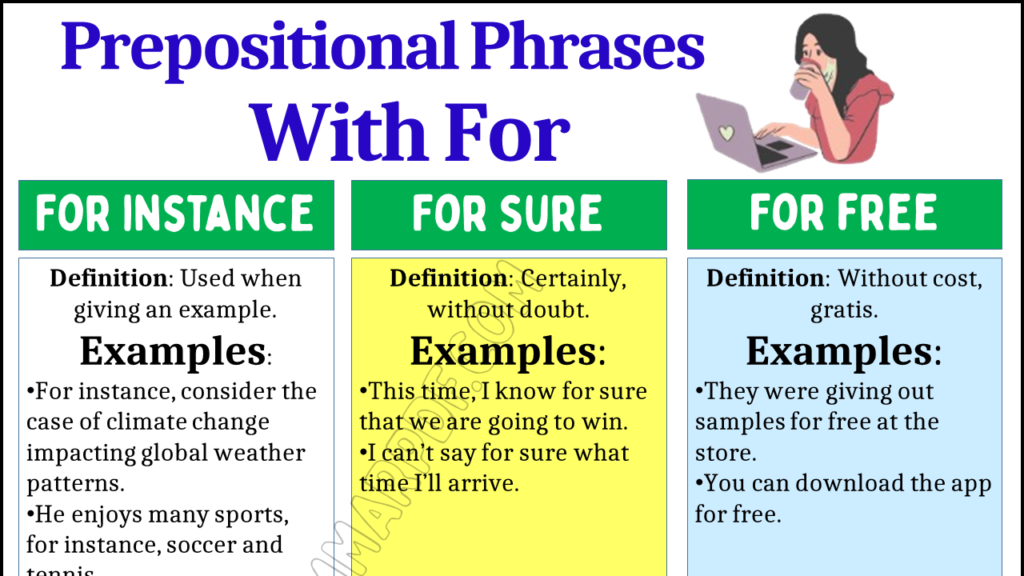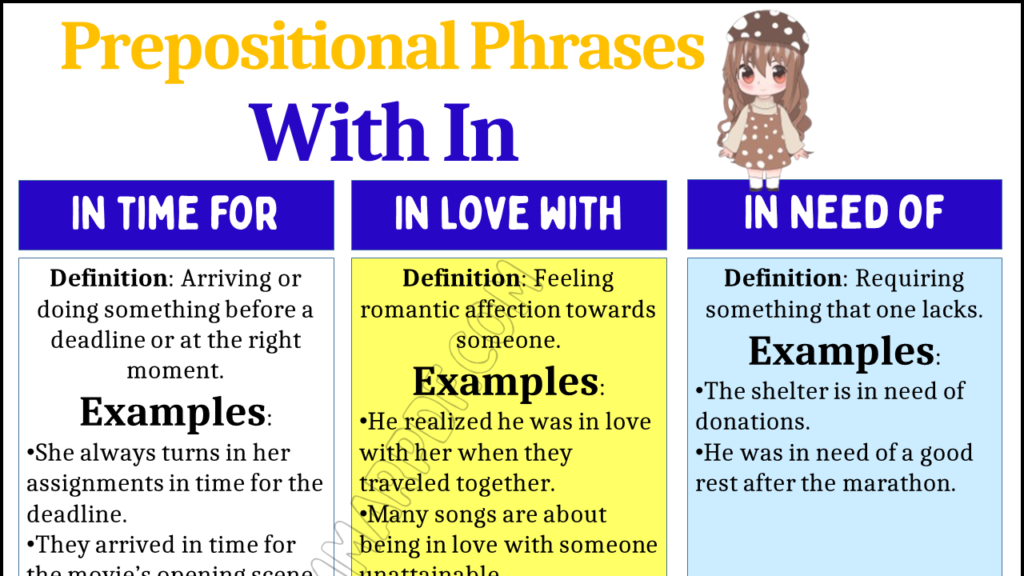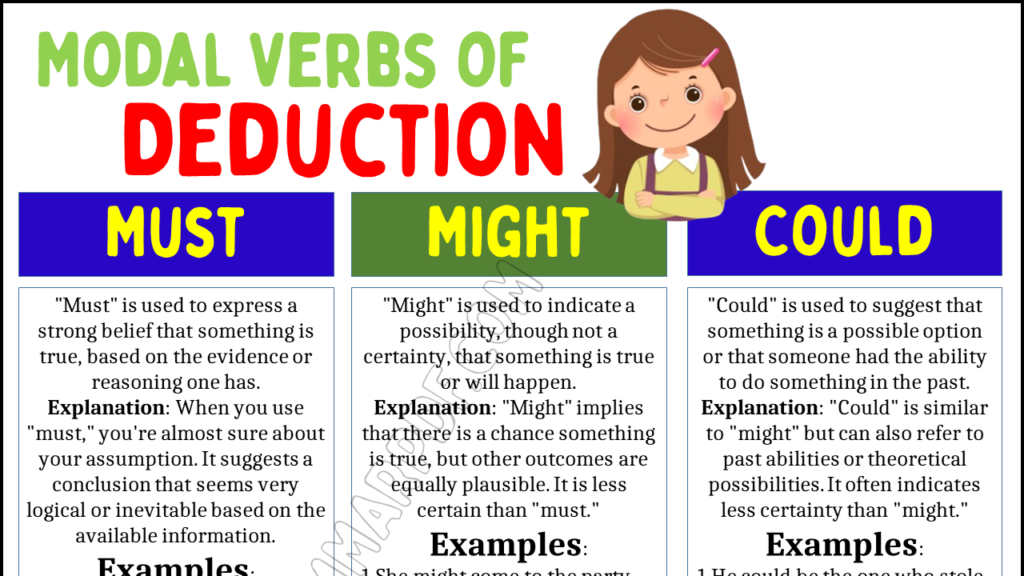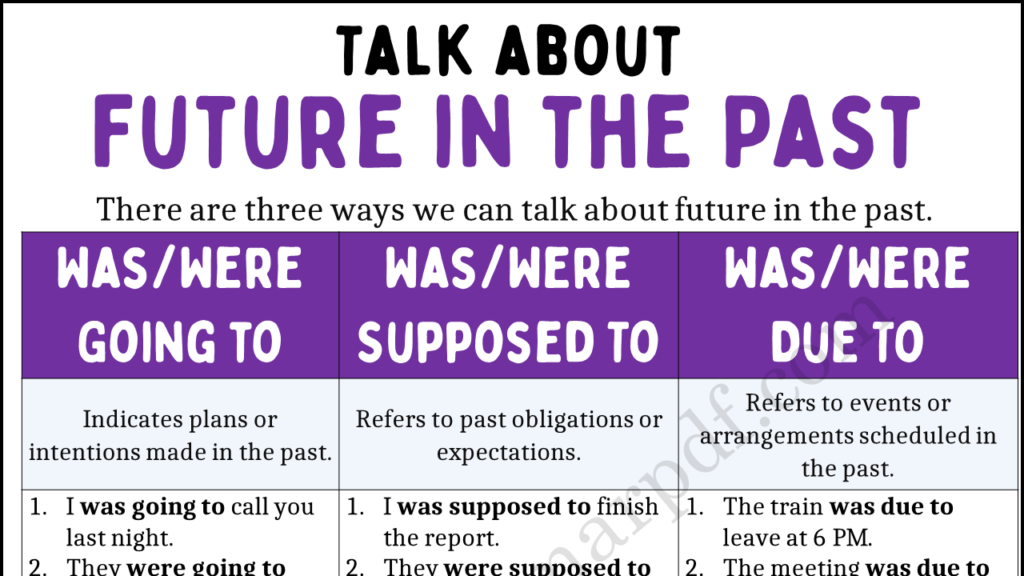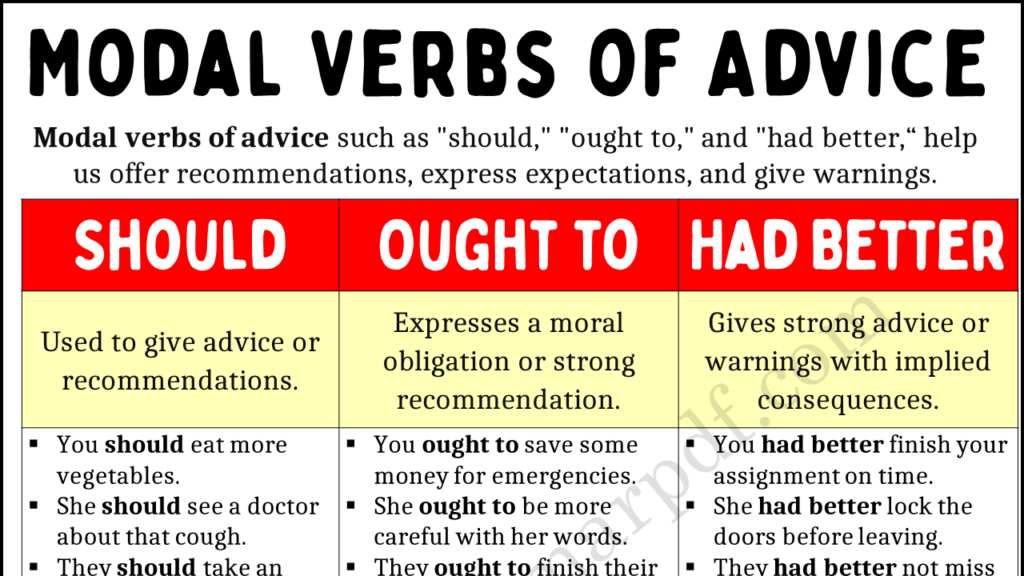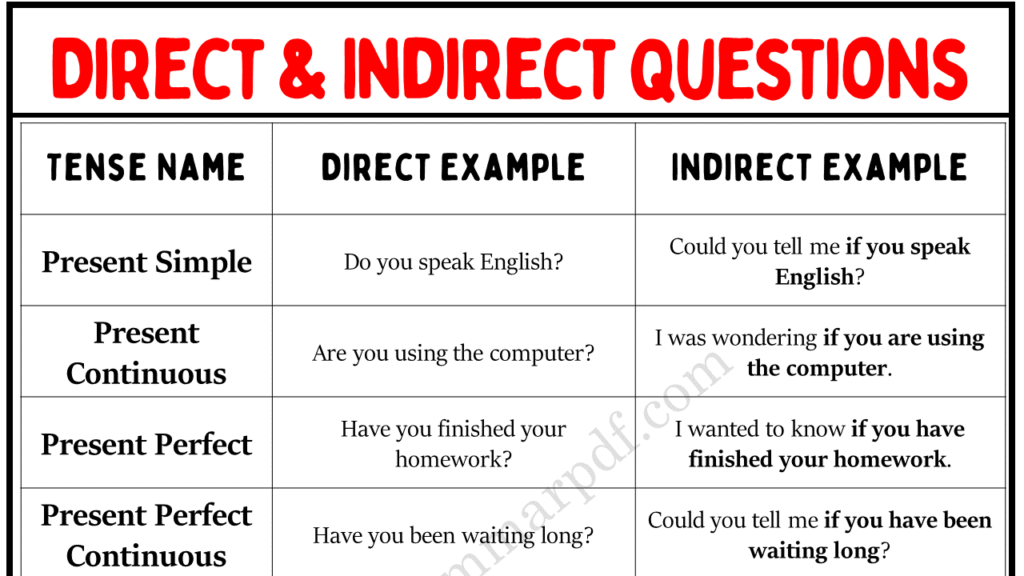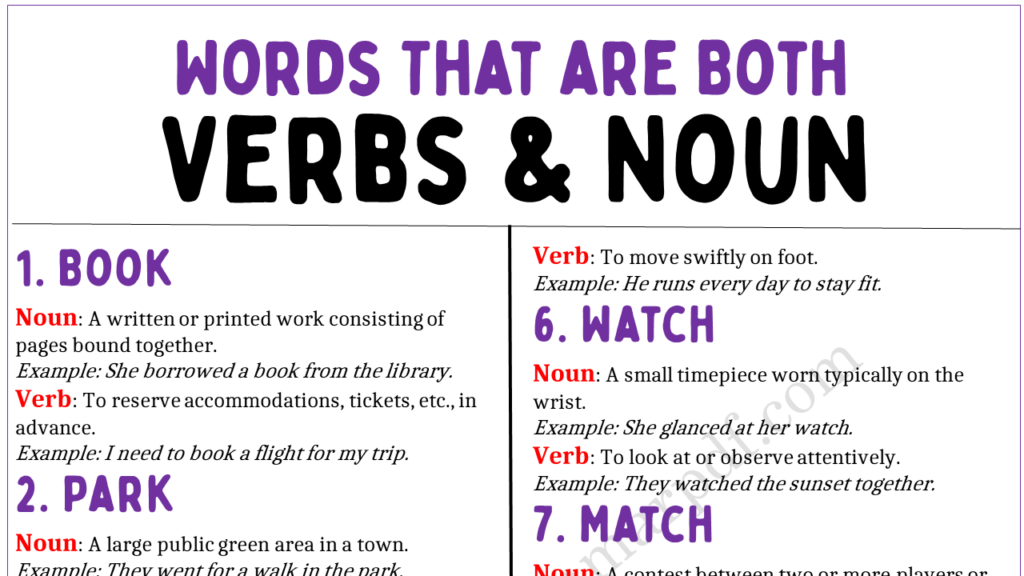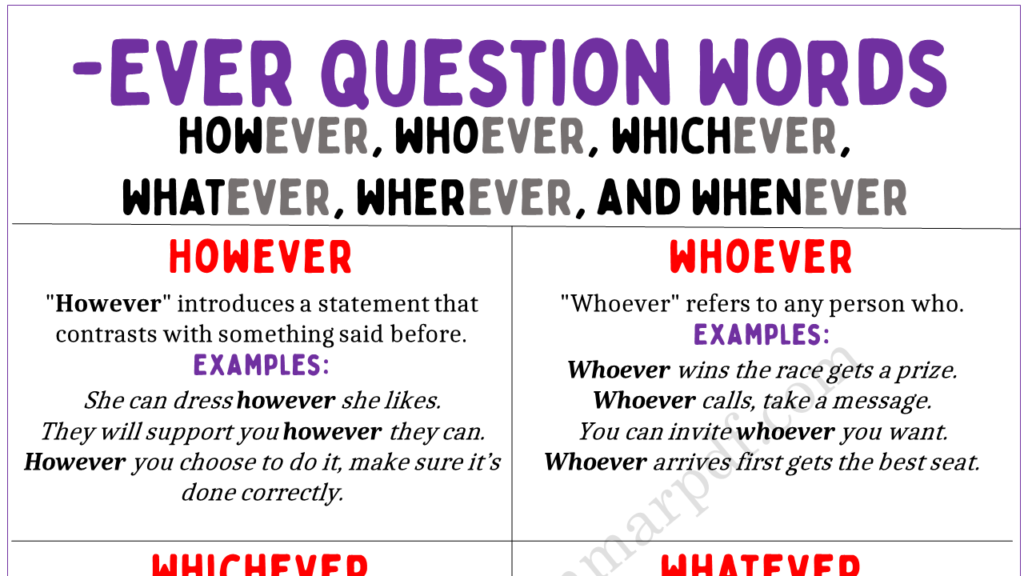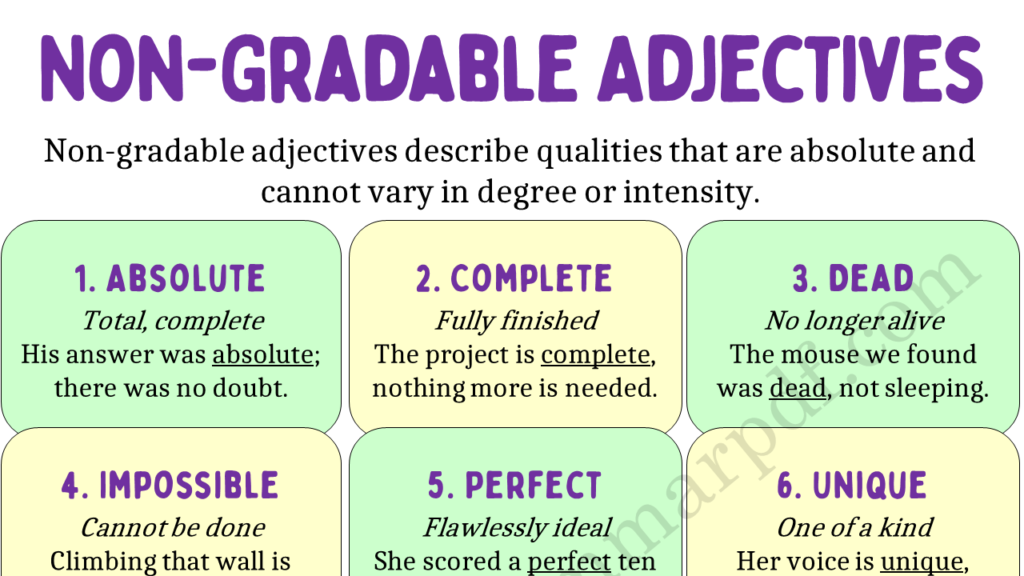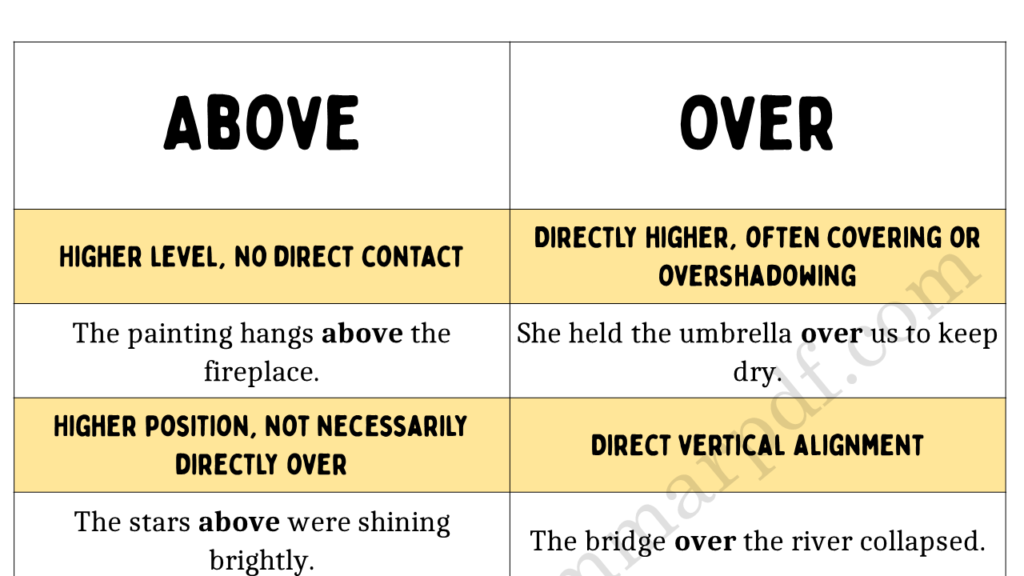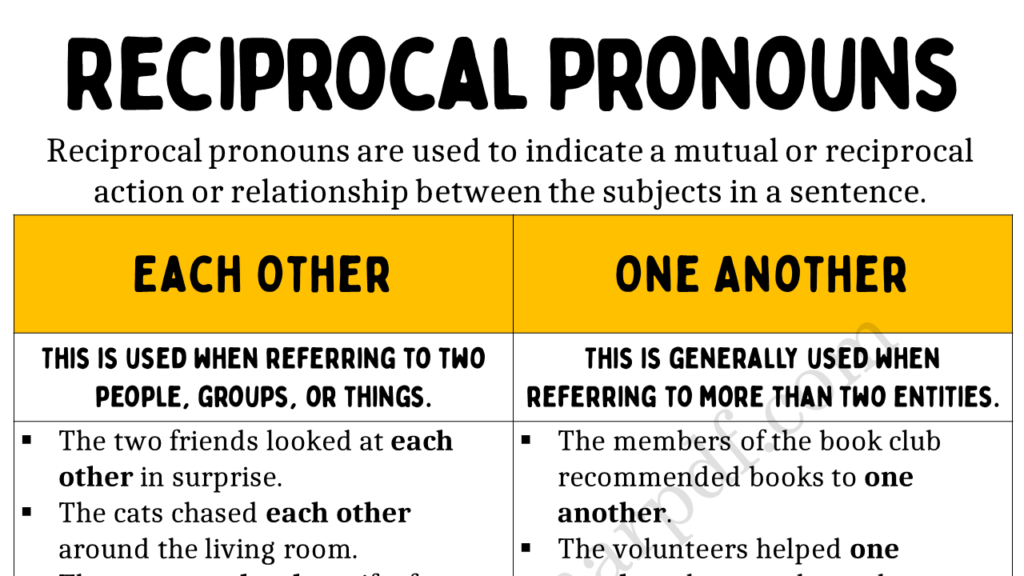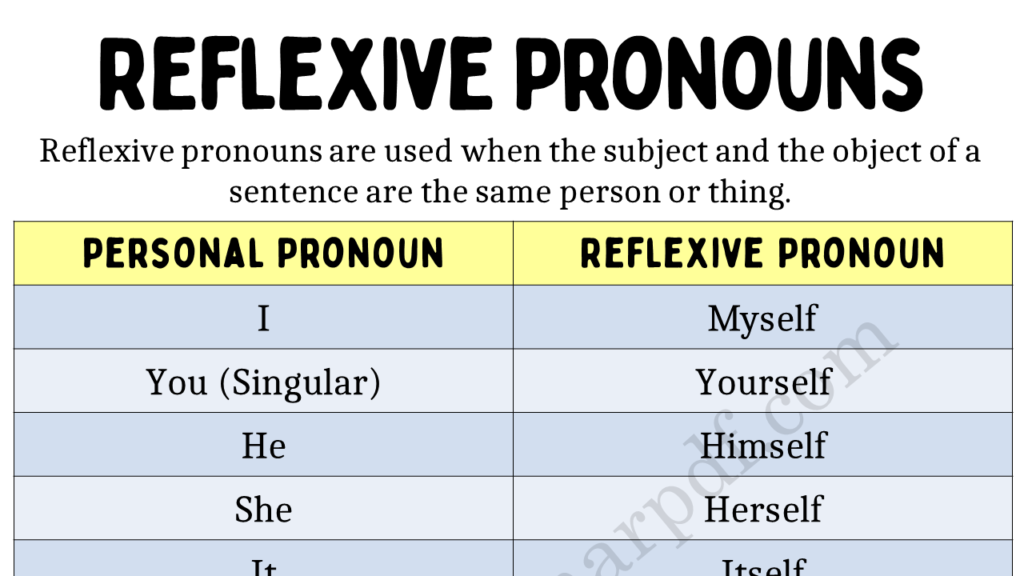10 Prepositional Phrases With For
Prepositional phrases with “for” are incredibly versatile in English, playing a key role in indicating purposes, durations, and reasons among others. Here’s an exploration of various prepositional phrases using “for” with clear definitions and examples to illustrate their use: Prepositional Phrases With For 1. For instance Definition: Used when giving an example. Examples: For instance, […]
10 Prepositional Phrases With For Read More »

